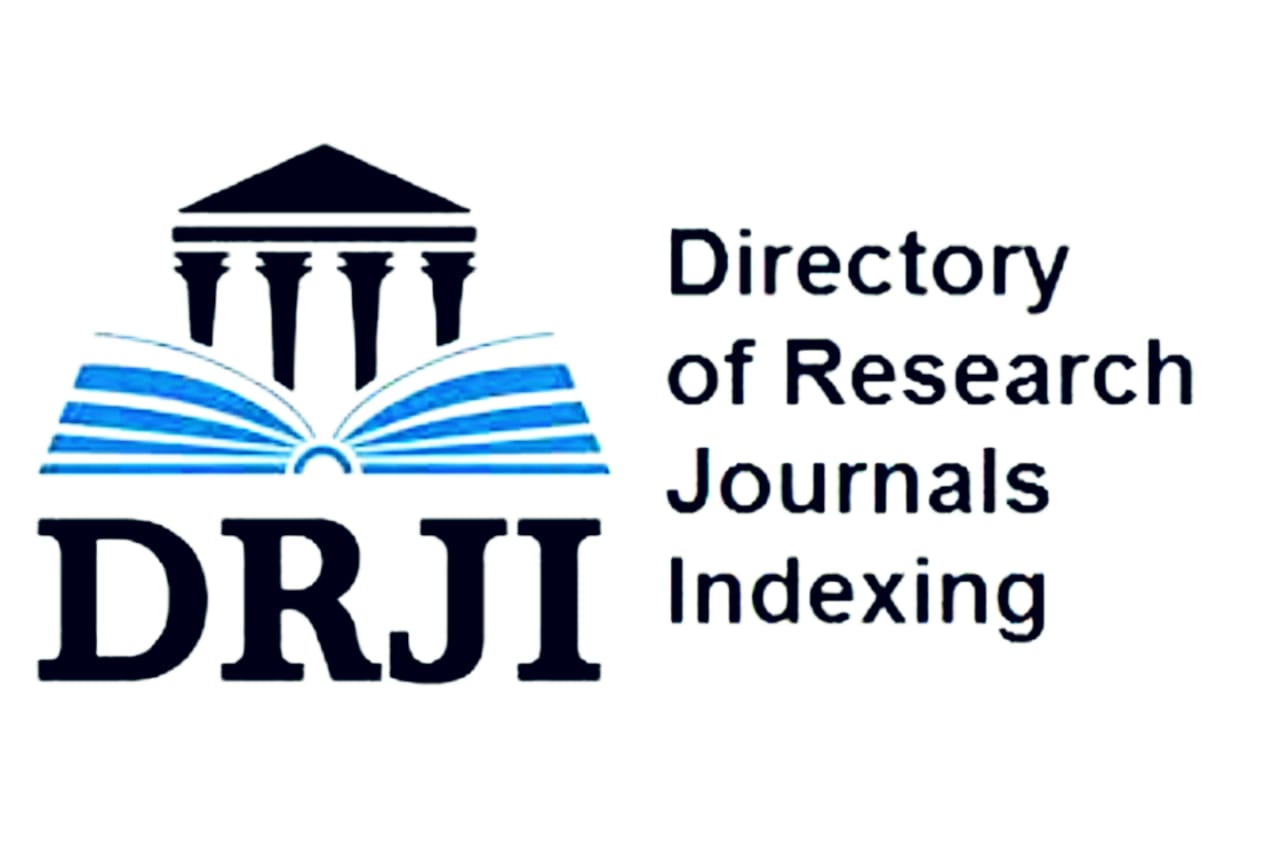Study of the chronic toxicity of the “Virospan” drug
DOI:
https://doi.org/10.26577/ijbch-2018-2-331Abstract
The living conditions of certain groups of Kazakhstani population, especially in regions and rural areas, where adverse factors (both environmental and anthropogenic), i.e. the quality of atmospheric air, food, and drinking water are deteriorating, might negatively affect the immune status of inhabitants and lead to the occurrence of diseases. For that reason, the restoration of immunological disorders is an urgent task, since the majority of chronic, somatic, infectious diseases are accompanied by secondary immunological failure. The algorithm of immunomodulation involves the use of pharmacological agents that can increase (immunostimulation) or reduce (immunosuppression) the level of immune response. The chronic toxicity of the immunostimulating “Virospan” drug was studied in doses of 39 mg/kg, 13 mg/kg, 4.3 mg/kg. Intranasal administration of the "Virospan" drug at a dose of 4.5 and 13 mg/kg causes a statistically significant (P≤0.001) increase in the level of white blood cells, erythrocytes, hemoglobin and hematocrit. Against the background of a statistically significant (P≤0.001) decrease in the level of polymorphonuclear neutrophils, an increase in lymphocytes was observed. “Virospan” at a concentration of 39 mg/kg leads to a decrease in the total number of leukocytes by 60 days and does not cause pronounced changes in the indicators of red blood, eosinophils and basophils.
Downloads
How to Cite
Issue
Section
License
ааа

















